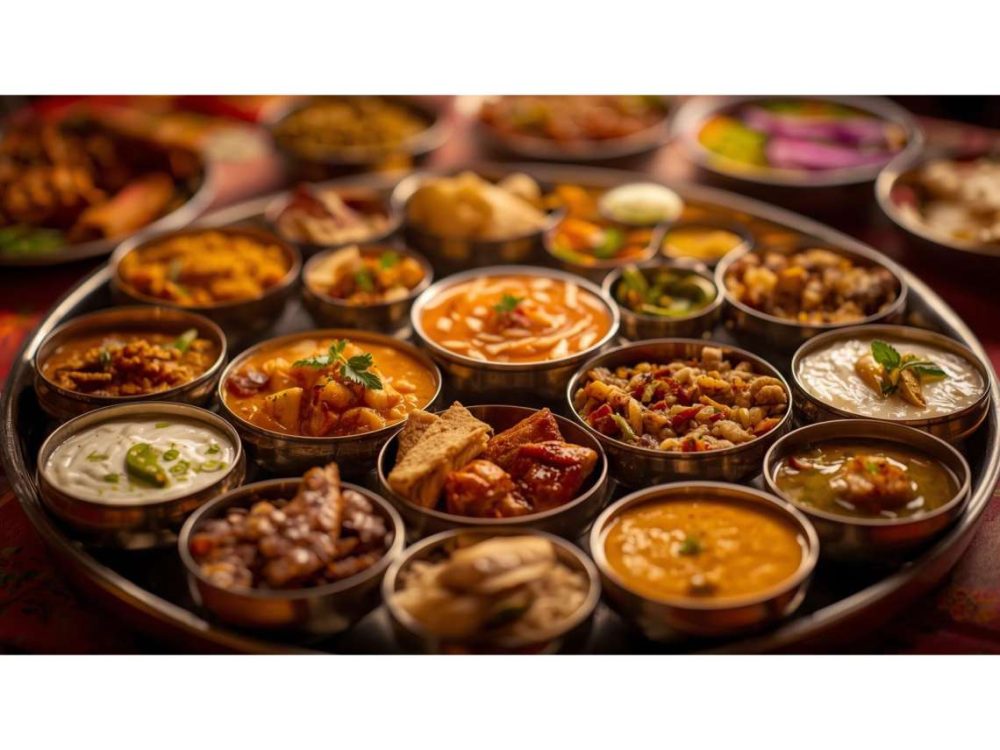Navratri, a time of spiritual reflection and devotion, is often accompanied by fasting, a practice embraced by many devotees. While fasting can have health benefits such as detoxification and rejuvenation, it’s essential to approach it with care to ensure that it’s both safe and effective. Here are some common mistakes to avoid for a healthy and successful fast during this sacred period.
- Inadequate Hydration
One of the most important aspects of fasting is staying hydrated. Dehydration can lead to headaches, fatigue, and dizziness, making it difficult to stay active during the day. It’s crucial to drink plenty of water throughout the day, even during fasting hours, to maintain optimal hydration. Herbal teas or coconut water can also be good alternatives to keep your body replenished.

- Overexertion
Fasting can lead to a drop in blood sugar levels, which may result in weakness or dizziness. Overexerting yourself physically during fasting can exacerbate these symptoms. Avoid strenuous exercises or activities, especially during the first few days as your body adjusts to the fasting routine. Opt for light activities like walking or stretching to keep your energy levels steady. - Fasting Without Medical Supervision
If you have any pre-existing health conditions, it’s important to consult with your doctor before embarking on a fast. Conditions such as diabetes, hypertension, or heart problems can be affected by fasting, and your doctor can guide you on how to fast safely. Medical supervision ensures that you can fast without compromising your health.

- Not Getting Enough Rest
Fasting can lead to fatigue, especially if you are also engaging in other physical or mental exertions. To combat this, ensure that you are getting adequate rest and sleep. Avoid staying up late or pushing your body beyond its limits. Proper rest will help your body recover, keeping your energy levels up throughout the day. - Overindulging in Fried Foods
Fasting periods often involve eating specific foods, and it can be tempting to indulge in fried snacks or sweets. However, consuming excessive fried foods can lead to digestive discomfort, bloating, or acidity. Focus on incorporating healthy foods like fruits, nuts, and whole grains to maintain balanced nutrition and avoid digestive issues.
By staying hydrated, avoiding excessive physical strain, and making mindful food choices, you can ensure that your fast during Navratri remains beneficial to both your spiritual and physical well-being. Keep these tips in mind and enjoy the festival with energy and devotion!














